Pensions are the most tax-efficient means of saving for your retirement.
Apart from the benefits this will mean for you when you retire, it is one of the few savings areas where you can still get tax relief.
You can avail of up to 40% tax relief on additional voluntary contributions (AVCs) and lump-sum investments depending on your actual earnings and age profile.
The income ceiling for tax relief on pension contributions is €115,000, which basically means you are only allowed claim tax relief on an income up to €115,000.
Based on current pension legislation, you can take 25% of your pension fund as a tax-free lump sum on retirement, up to a limit of €200,000.
Independent financial advice from an authorised financial adviser is recommended at this point.
A financial adviser will help you assess your appetite for investment risk, determine what investment products are most suitable for you, and help you identify your financial priorities and needs. 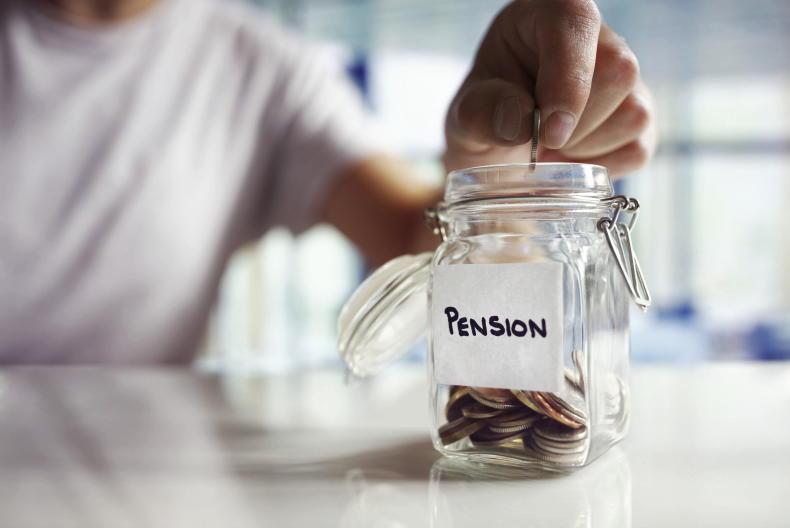
Everyone’s circumstances will be unique. Some people may use this tax-free lump sum to pay off debts, or to put some aside for future commitments such as medical/nursing home costs, or travel, or buy that one item you always wished for.
Whatever the case, it makes good financial sense to consider all options, and get the appropriate professional advice before you decide.
Dear Money Mentor,
I am due to retire fully from farming next year. I am considering buying an investment property with the 25% tax free lump sum which I will get from my personal pension.
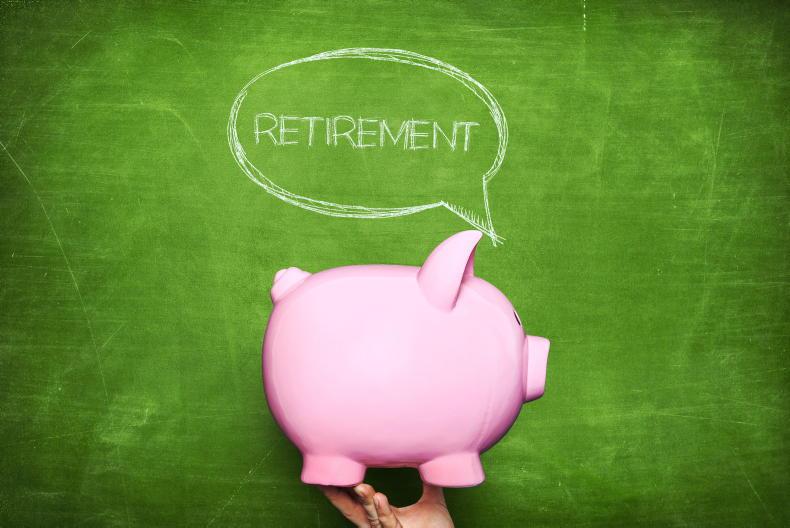
I think I will have about €190,000 to invest. We transferred the family farm to our son a few years ago, even though I still help out a few days per week.
Property investment appeals to me as the rental income will be useful to supplement our monthly income. I will also be eligible for the State pension next year which I think increased in the Budget from €248.30 to €253.30 per week.
We do not have an extravagant lifestyle, but both myself and my wife like to travel so any extra income would be welcome. We would appreciate any advice you can give us, to help with our decision.
Regards,
Jim
Hi Jim,
You made a very tax-efficient decision to invest in a personal pension. This means you won’t be totally dependent on the State pension at retirement age. As we all know, the Government is facing huge challenges to fund the cost of the State pension, with the age limit due to be increased incrementally in the not-too-distant future.
Investing in a rental property can be a good idea but can prove expensive.
Timing is very important, as it is wiser to purchase property at a time when there is value in the market. House prices have risen 9% in the past year and seem to be continuing in that mode. This is not happening just in the cities but also in rural locations, with some blame being attributed to the COVID-19 exodus from urban to rural.
Investing your pension tax-free lump sum is a big decision. A decision to invest in a rental property must be guided on whether or not you can afford it without overstretching yourself.
The location of the property is key as there is no value in owning a rental property if there are no available tenants. I am assuming you hope to buy a property for less than €190,000, as you will also need to fund legal fees and estate agent fees. Is that price range feasible in your area or in the location you are considering purchasing?
Jim you will also need to think about the responsibilities and obligations of being a landlord. The property will need to be maintained in good condition for your tenants, to ensure it is safe and healthy to reside in. This can be costly and time consuming, but you can avail of a letting agent to do this for you, if you wish.
A good letting agent will also be able to source good tenants, and provide maintenance requirements, but there will be a cost involved. They will also be experienced in advising on market rents.
Taxation also needs to be considered. Rental income is taxable, (with some allowable expenses), although the rate of tax will depend on the total amount of your taxable income (such as pension income, dividends from shares etc). There are income tax exemptions for people aged 65 and over, who earn no more than €18,000 (for a single individual) or €36,000 (for a married couple).
If you go ahead with this property investment, do you intend to keep it for ever or sell it in a few years? What is your long-term plan? You may need to update your will to include this asset. If you intend to sell it after a few years, you may be liable for Capital Gains Tax (CGT). CGT is a tax payable on any profit made on the sale of an asset, currently charged at 33%. (your principal private residence is exempt from this tax). There is an annual exemption for the first €1,270. If you have made losses on other sales, you can offset gains against them, but there are certain rules around this.
Jim, I suggest both you and your wife should avail of professional tax and legal advice before you make a final decision on your investment.
All the best,
Margaret.
Read more
Money Mentor: switching your mortgage can save you money
Money Mentor: plan early if passing on non-farm assets
Pensions are the most tax-efficient means of saving for your retirement.
Apart from the benefits this will mean for you when you retire, it is one of the few savings areas where you can still get tax relief.
You can avail of up to 40% tax relief on additional voluntary contributions (AVCs) and lump-sum investments depending on your actual earnings and age profile.
The income ceiling for tax relief on pension contributions is €115,000, which basically means you are only allowed claim tax relief on an income up to €115,000.
Based on current pension legislation, you can take 25% of your pension fund as a tax-free lump sum on retirement, up to a limit of €200,000.
Independent financial advice from an authorised financial adviser is recommended at this point.
A financial adviser will help you assess your appetite for investment risk, determine what investment products are most suitable for you, and help you identify your financial priorities and needs. 
Everyone’s circumstances will be unique. Some people may use this tax-free lump sum to pay off debts, or to put some aside for future commitments such as medical/nursing home costs, or travel, or buy that one item you always wished for.
Whatever the case, it makes good financial sense to consider all options, and get the appropriate professional advice before you decide.
Dear Money Mentor,
I am due to retire fully from farming next year. I am considering buying an investment property with the 25% tax free lump sum which I will get from my personal pension.

I think I will have about €190,000 to invest. We transferred the family farm to our son a few years ago, even though I still help out a few days per week.
Property investment appeals to me as the rental income will be useful to supplement our monthly income. I will also be eligible for the State pension next year which I think increased in the Budget from €248.30 to €253.30 per week.
We do not have an extravagant lifestyle, but both myself and my wife like to travel so any extra income would be welcome. We would appreciate any advice you can give us, to help with our decision.
Regards,
Jim
Hi Jim,
You made a very tax-efficient decision to invest in a personal pension. This means you won’t be totally dependent on the State pension at retirement age. As we all know, the Government is facing huge challenges to fund the cost of the State pension, with the age limit due to be increased incrementally in the not-too-distant future.
Investing in a rental property can be a good idea but can prove expensive.
Timing is very important, as it is wiser to purchase property at a time when there is value in the market. House prices have risen 9% in the past year and seem to be continuing in that mode. This is not happening just in the cities but also in rural locations, with some blame being attributed to the COVID-19 exodus from urban to rural.
Investing your pension tax-free lump sum is a big decision. A decision to invest in a rental property must be guided on whether or not you can afford it without overstretching yourself.
The location of the property is key as there is no value in owning a rental property if there are no available tenants. I am assuming you hope to buy a property for less than €190,000, as you will also need to fund legal fees and estate agent fees. Is that price range feasible in your area or in the location you are considering purchasing?
Jim you will also need to think about the responsibilities and obligations of being a landlord. The property will need to be maintained in good condition for your tenants, to ensure it is safe and healthy to reside in. This can be costly and time consuming, but you can avail of a letting agent to do this for you, if you wish.
A good letting agent will also be able to source good tenants, and provide maintenance requirements, but there will be a cost involved. They will also be experienced in advising on market rents.
Taxation also needs to be considered. Rental income is taxable, (with some allowable expenses), although the rate of tax will depend on the total amount of your taxable income (such as pension income, dividends from shares etc). There are income tax exemptions for people aged 65 and over, who earn no more than €18,000 (for a single individual) or €36,000 (for a married couple).
If you go ahead with this property investment, do you intend to keep it for ever or sell it in a few years? What is your long-term plan? You may need to update your will to include this asset. If you intend to sell it after a few years, you may be liable for Capital Gains Tax (CGT). CGT is a tax payable on any profit made on the sale of an asset, currently charged at 33%. (your principal private residence is exempt from this tax). There is an annual exemption for the first €1,270. If you have made losses on other sales, you can offset gains against them, but there are certain rules around this.
Jim, I suggest both you and your wife should avail of professional tax and legal advice before you make a final decision on your investment.
All the best,
Margaret.
Read more
Money Mentor: switching your mortgage can save you money
Money Mentor: plan early if passing on non-farm assets






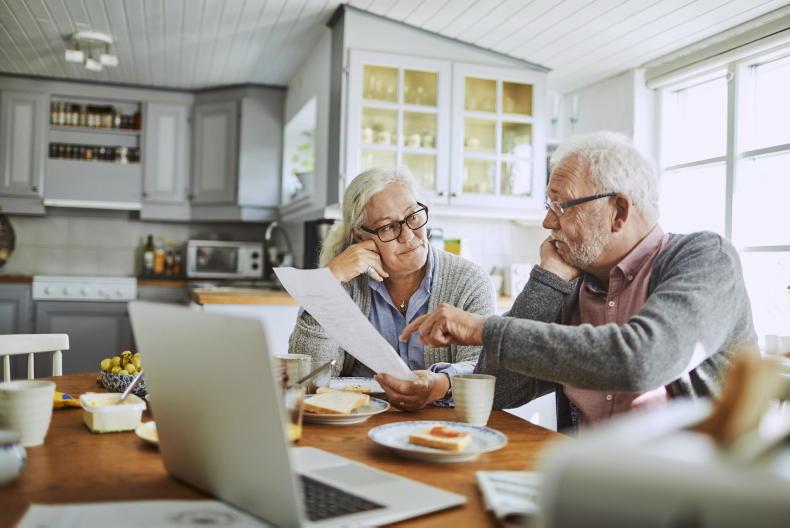
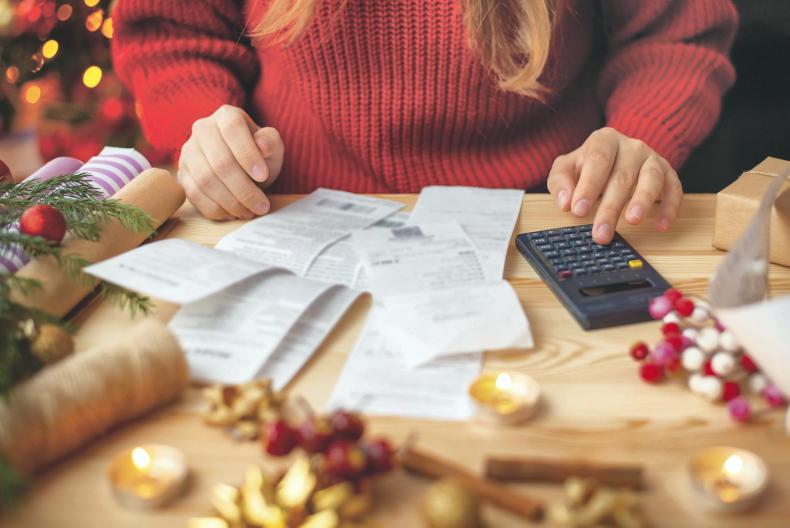
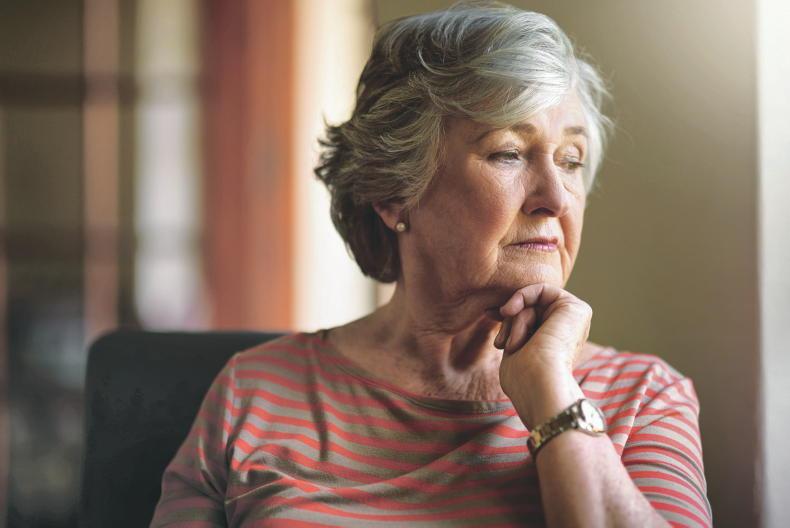
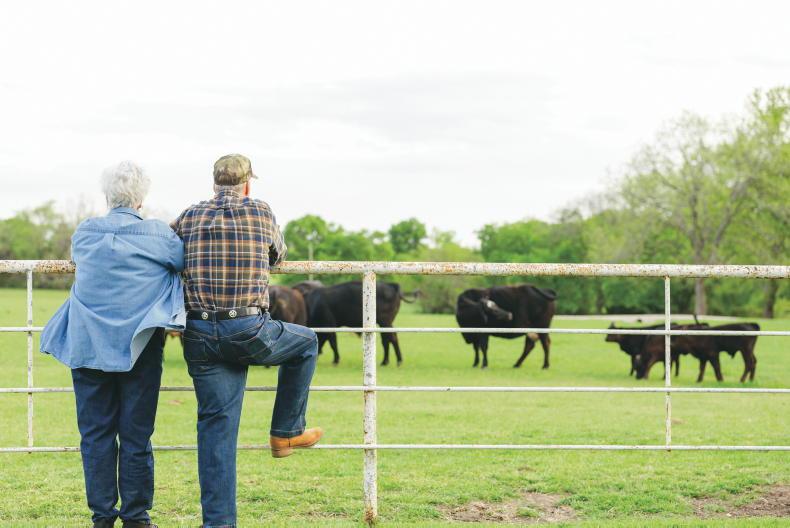
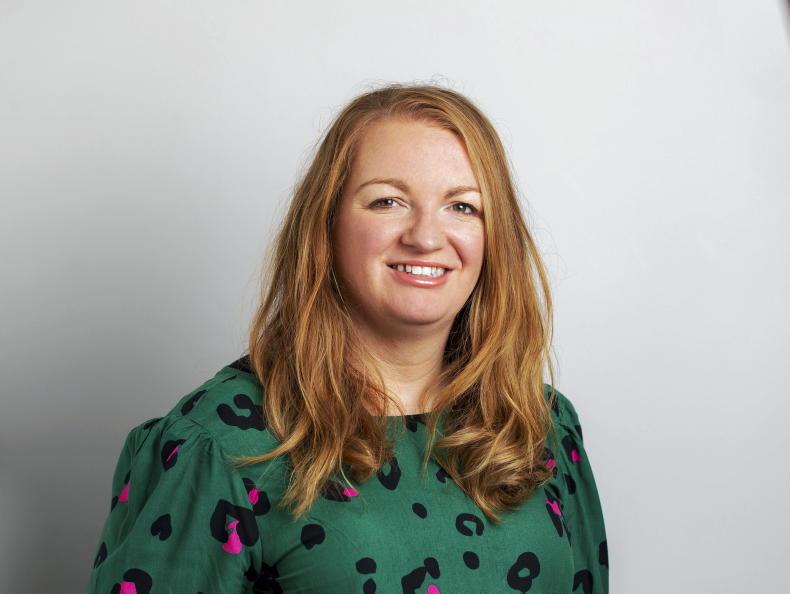
SHARING OPTIONS